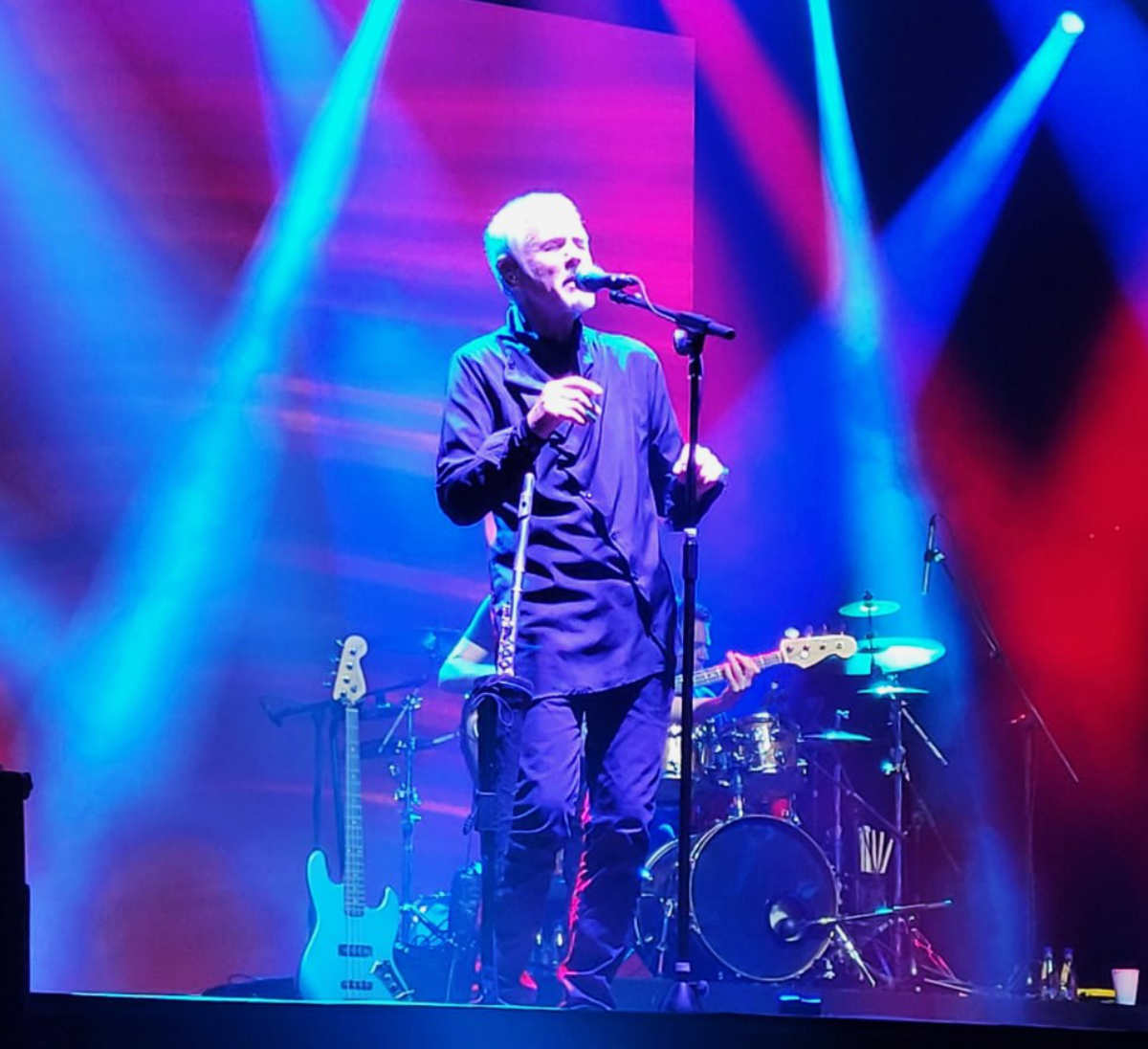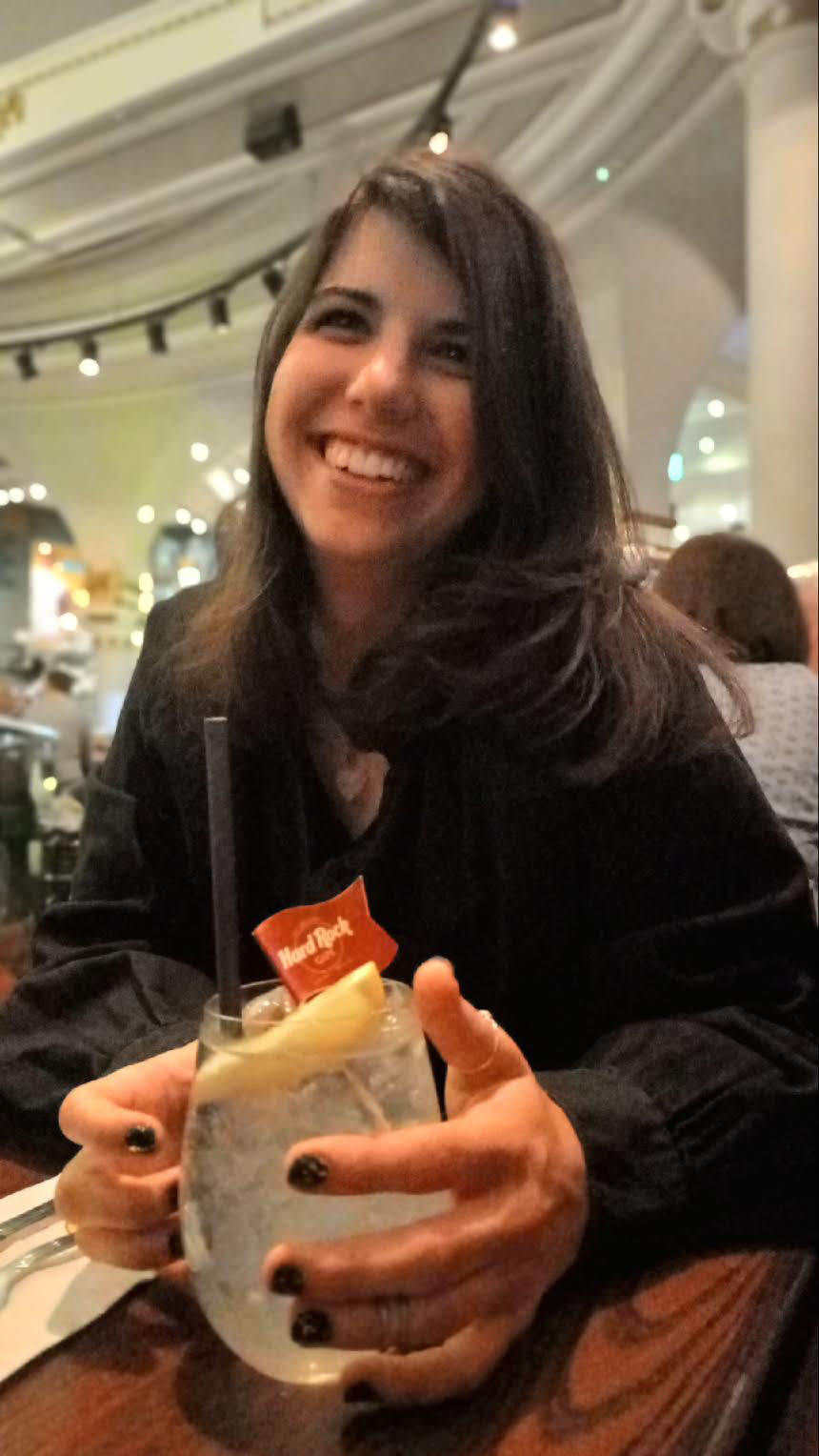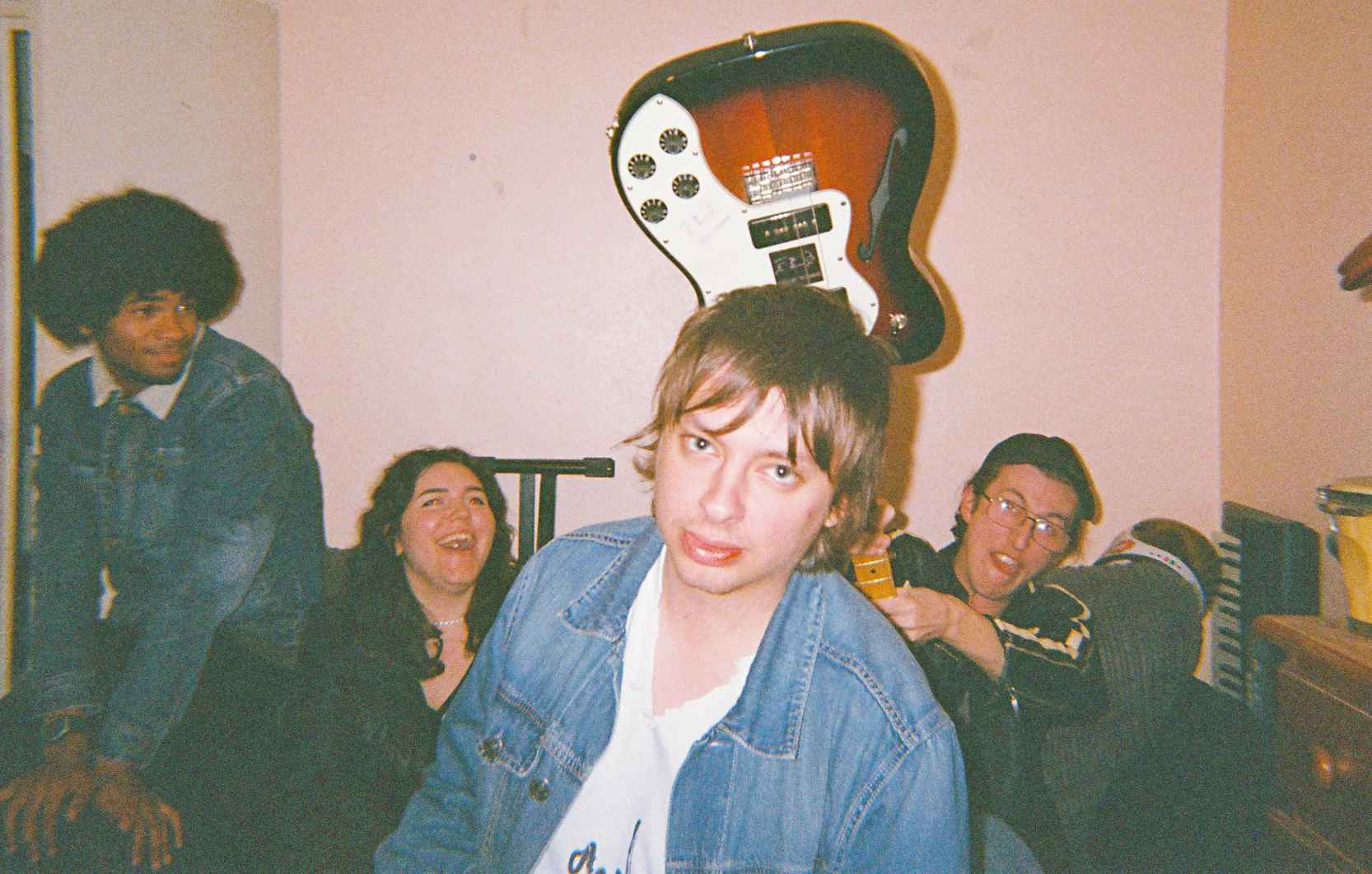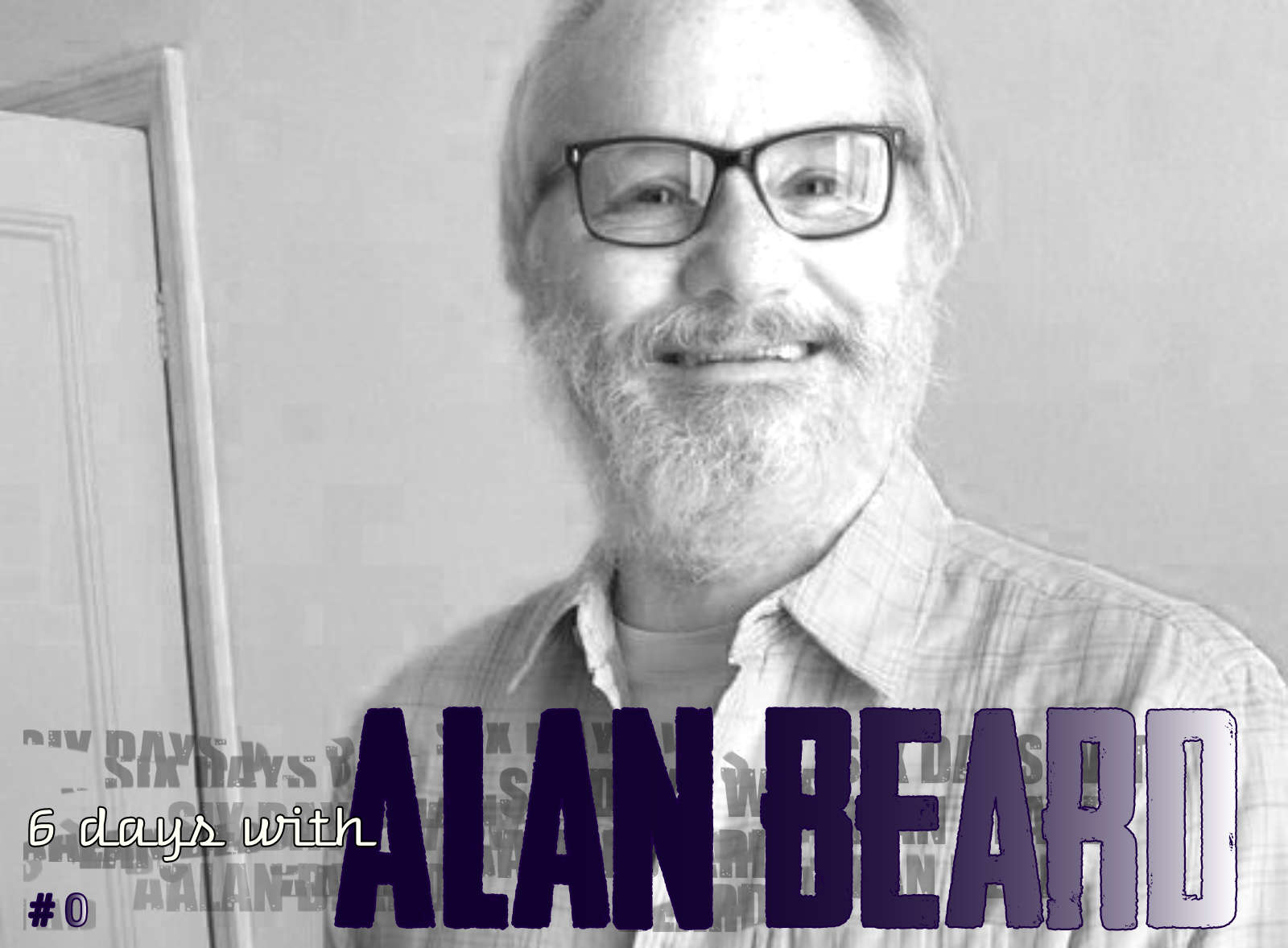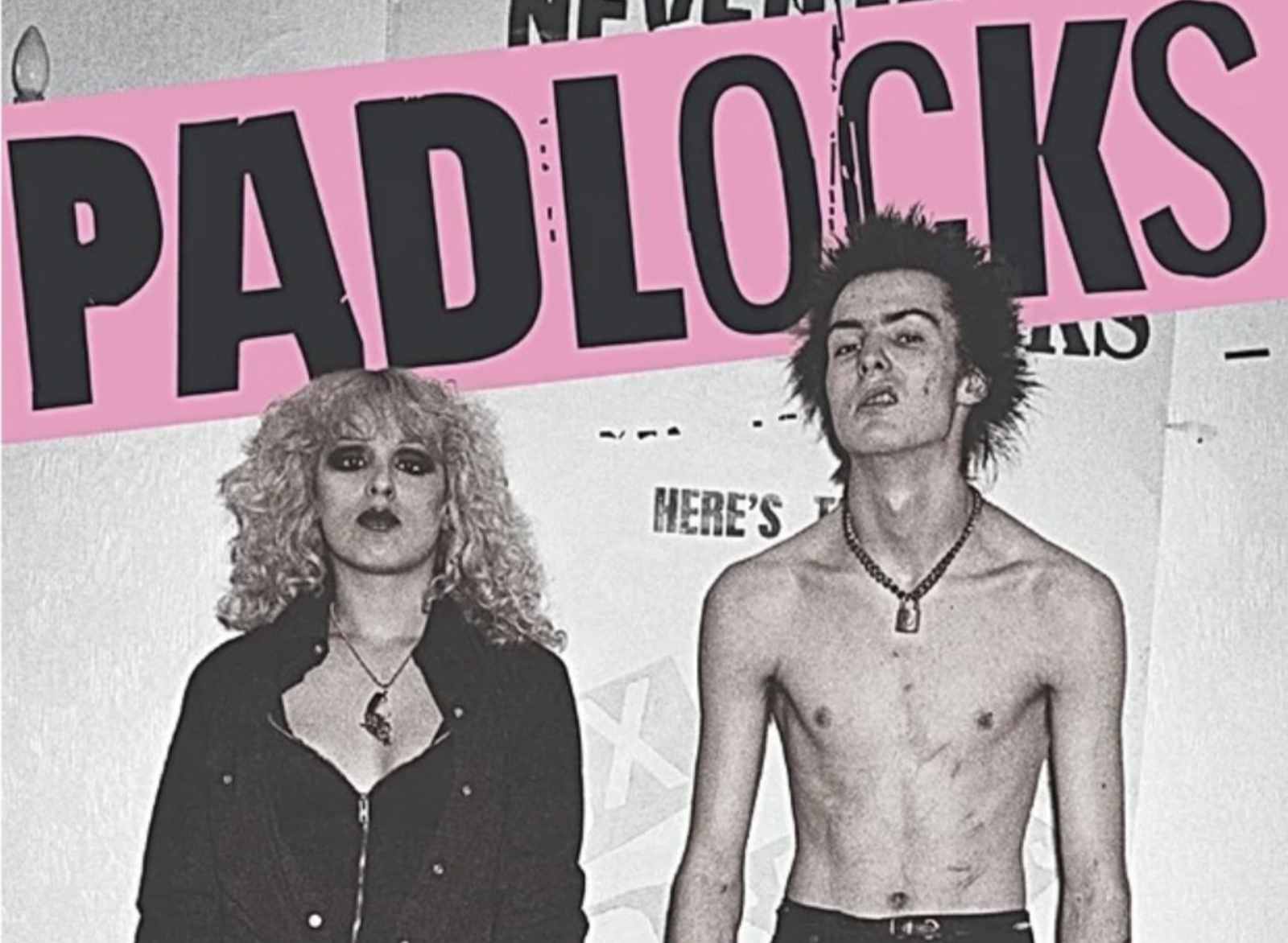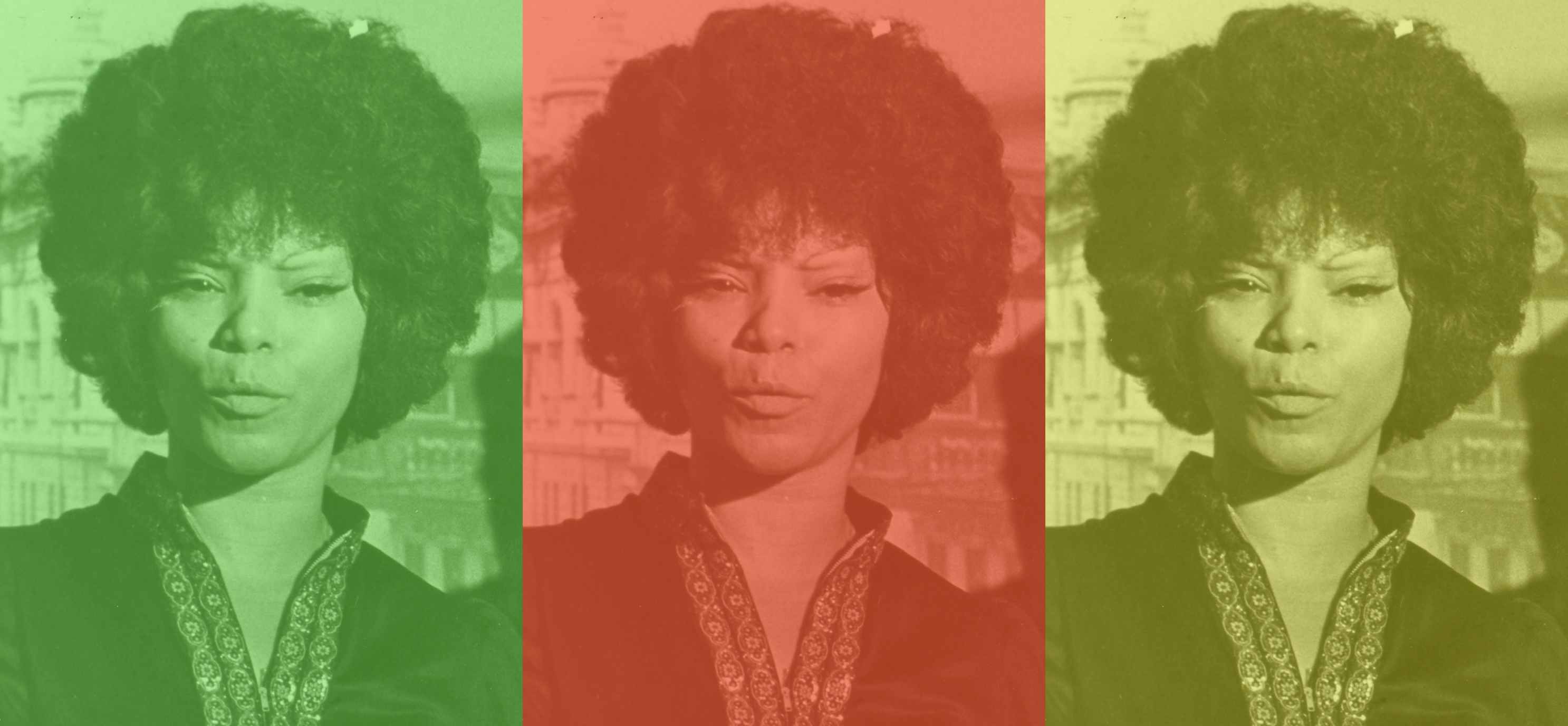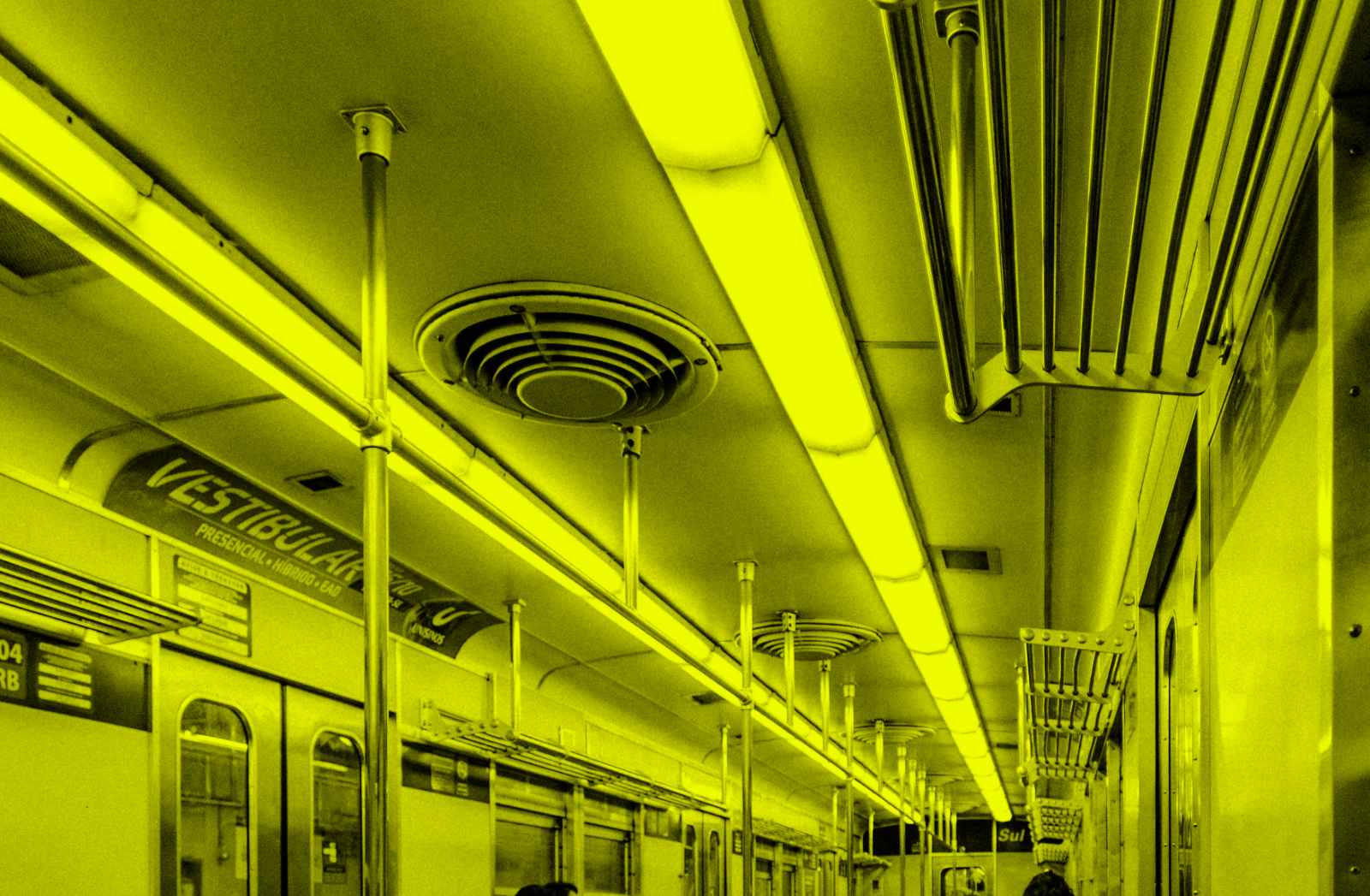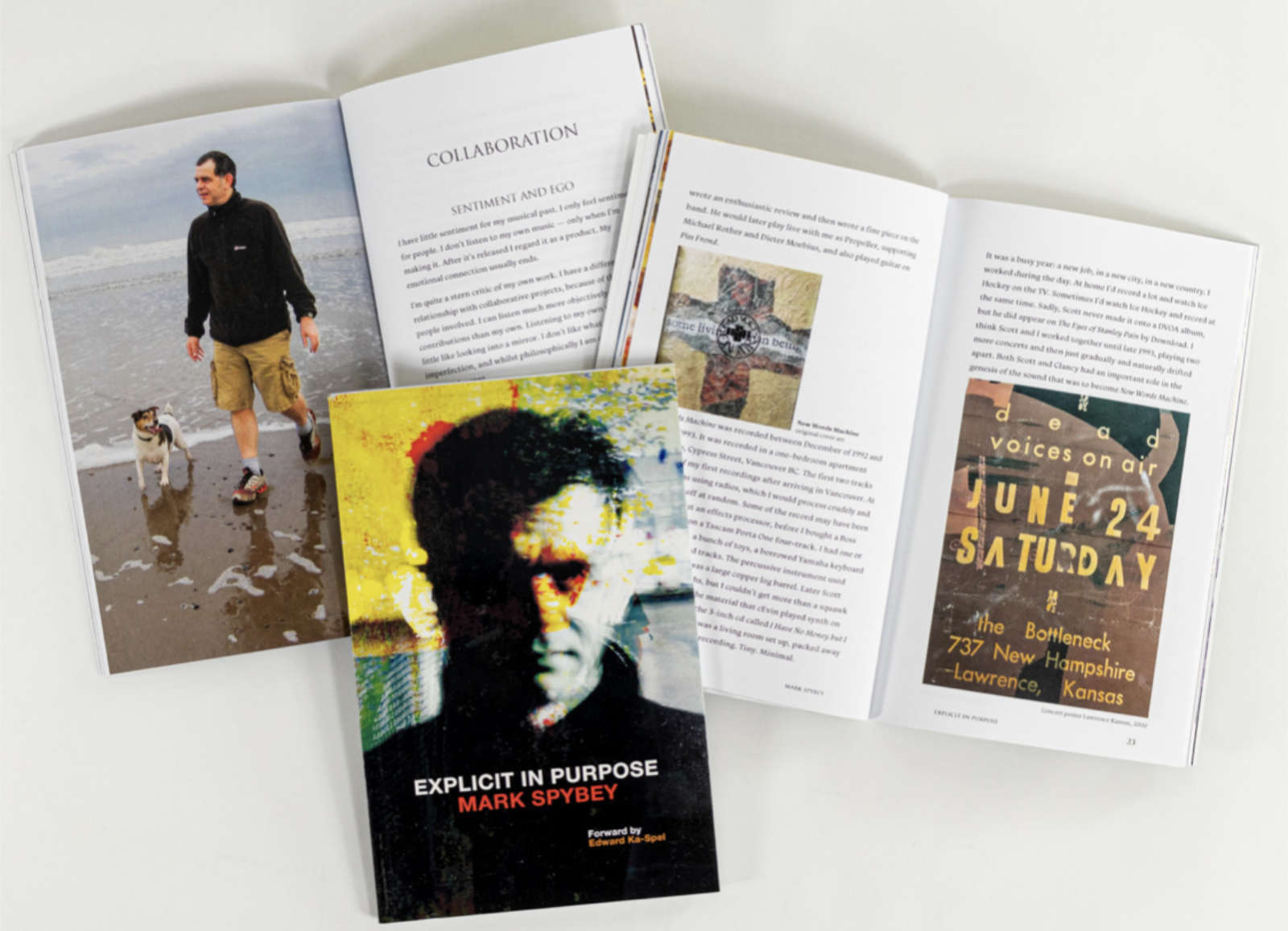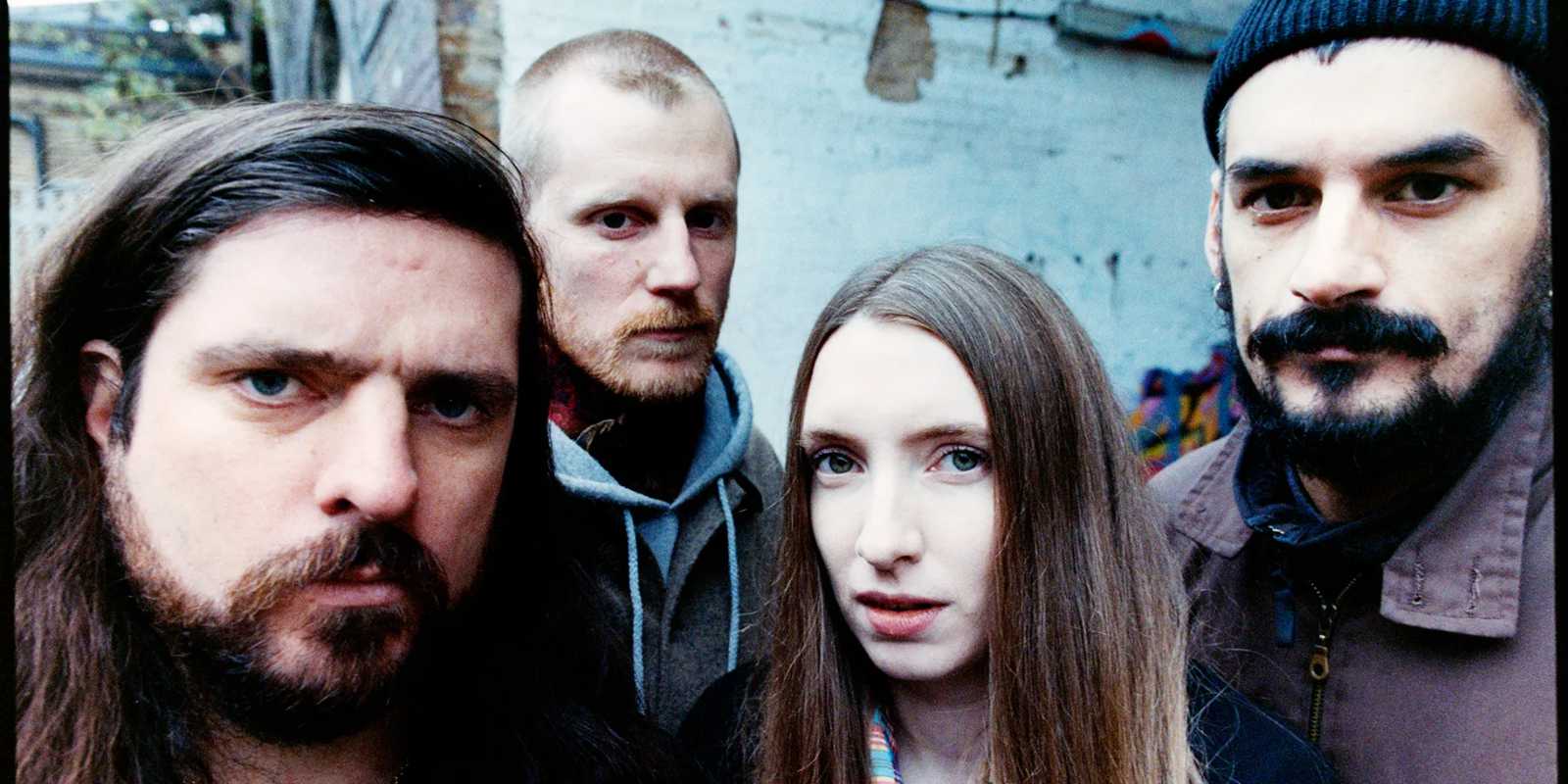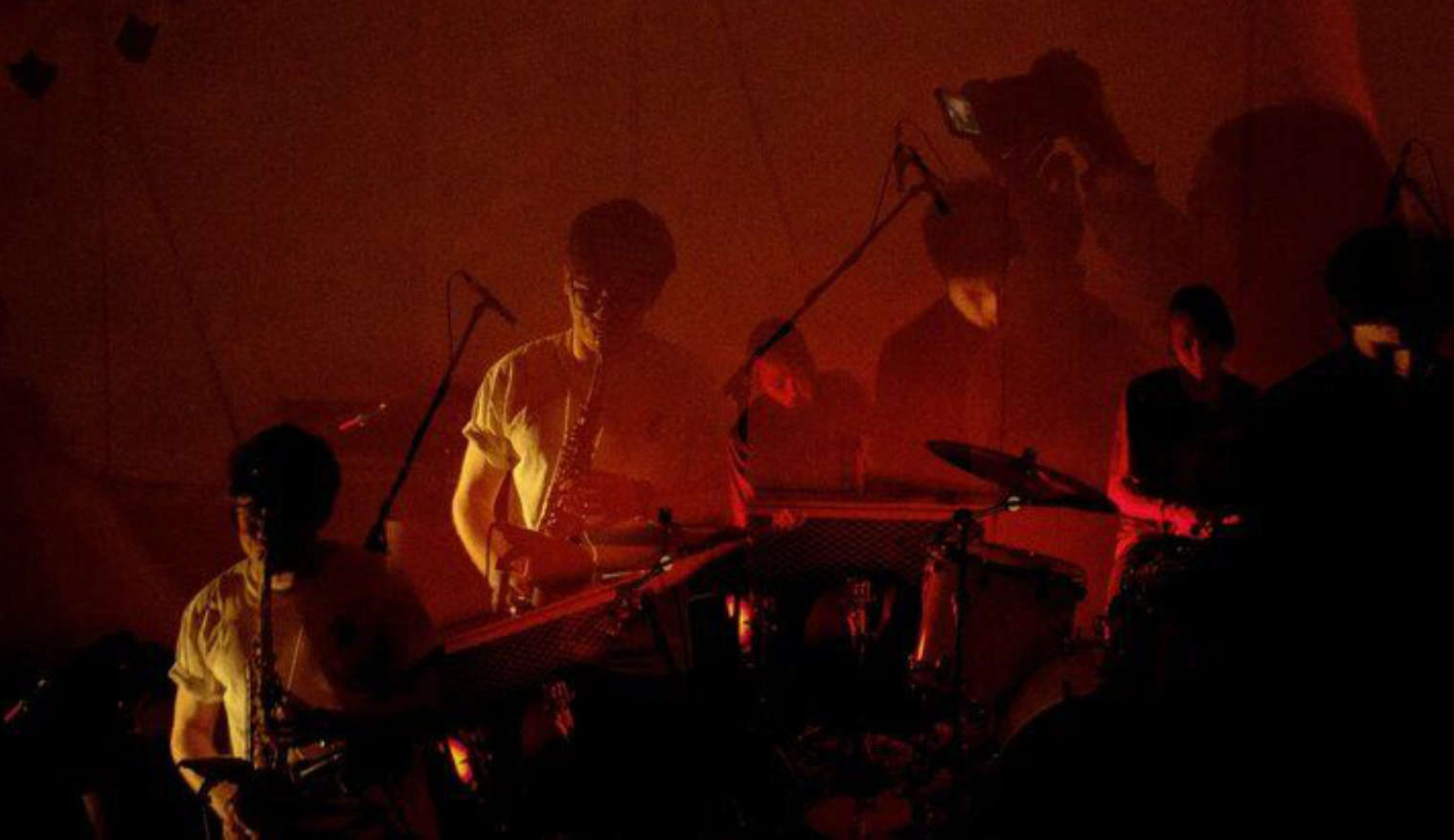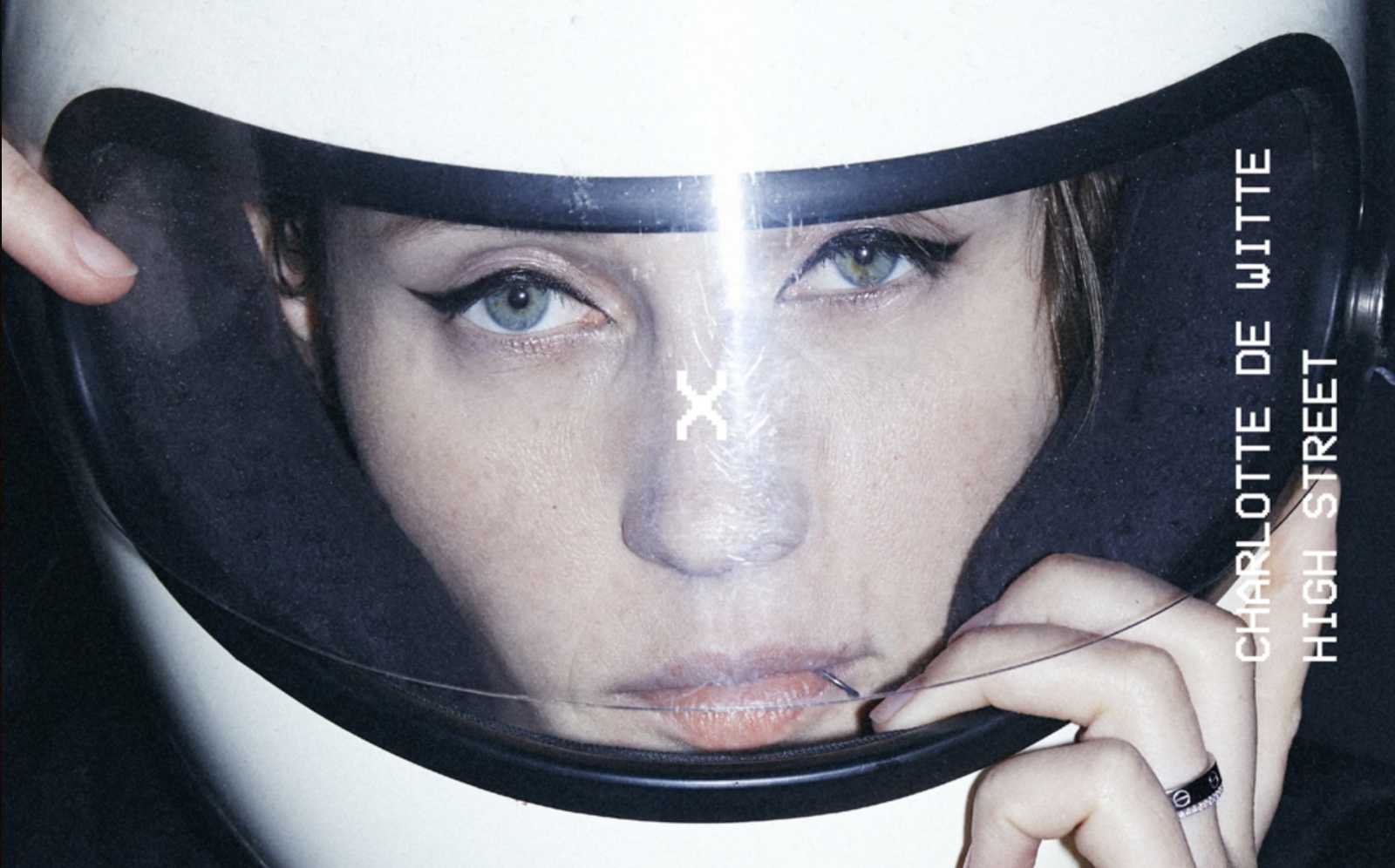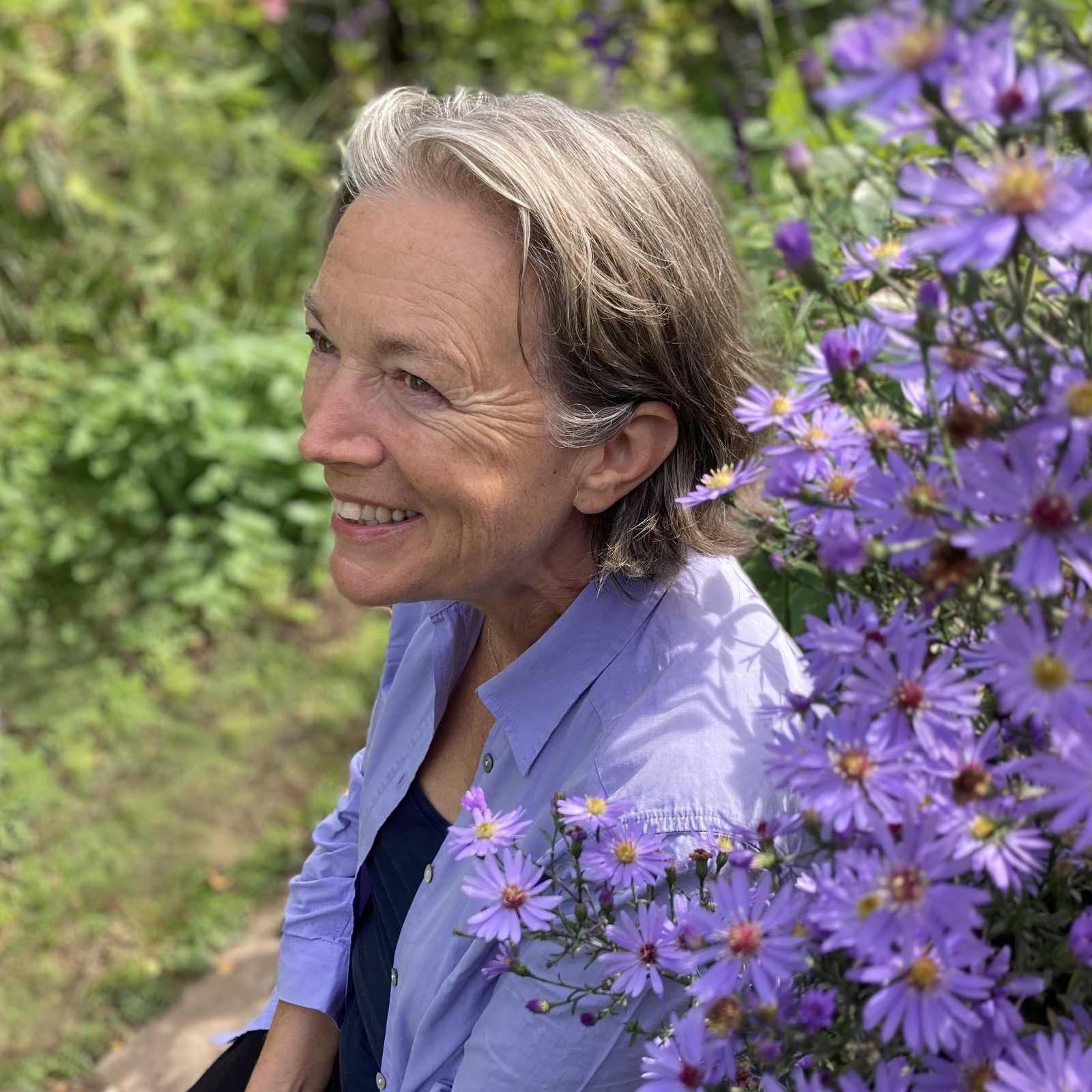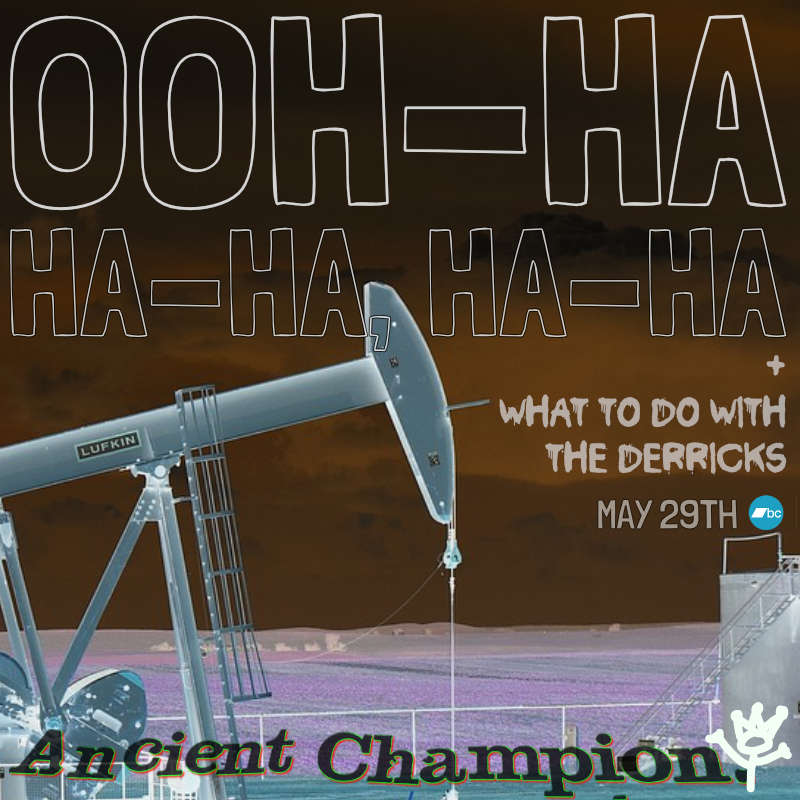Ritchie is the British citizen adopted by the Brazilians. Richard David Court, also known as Ritchie, is an expat English musician, singer, and songwriter who emigrated to Brazil in the 1970s. There, he became a household name as a pop artist, singing mostly in Portuguese. His number one famous hit is "Menina Veneno," which recently celebrated its 40th anniversary.
Ritchie was born in Beckenham, Kent, as the son of a military father, leading to a childhood spent across various countries, including Kenya, Denmark, Italy, Germany, South Yemen, and Scotland. His journey into music began when he joined a church choir in Germany. Educationally, he attended Tormore School and Sherborne School as a boarder before eventually enrolling in the English literature course at the University of Oxford. However, at the age of 20, he made the pivotal decision to leave his studies behind to pursue his passion for music.
This led him to join the London band Everyone Involved, where he showcased his skills on the flute. Together, they recorded the LP Either/Or, a protest album along with other bands, all opposing the construction of a viaduct over Piccadilly Circus in the West End. Notably, this LP was distributed freely, underscoring their dedication to the cause.
During the recording process, Ritchie crossed paths with guitarist Mike Klein, who introduced him to a group of Brazilians, including the future Queen of Brazilian rock, Rita Lee, who was then a member of the cult psychedelic rock group "Os Mutantes." Their encounter sparked a lasting friendship and led to a holiday in the Brecon Beacons Mountain range in Wales, during which Ritchie received an invitation to visit Brazil. This marked the beginning of a new chapter in his musical journey.
At the end of 1972, Ritchie arrived in São Paulo with plans for a three-month vacation. In the city, he formed the band Scaladácida with drummer Azael Rodrigues, guitarist Fabio Gasparini, and bassist Sérgio Kaffa. The group performed numerous shows and caught the attention of the Continental record label. However, due to Ritchie's lack of a permanent visa, the contract couldn't be finalized. Scaladácida disbanded by the end of 1973. At 21 years old, Ritchie moved to Rio de Janeiro shortly after marrying a Brazilian woman.
Ritchie arrived in Brazil during the tumultuous era of the Brazilian military dictatorship, often referred to as the 'years of lead.' This period was characterized by authoritarian rule, widespread human rights abuses, political persecution, exile, and strict censorship.
In Rio de Janeiro, the capital city, Ritchie became part of the jazz-rock ensemble Soma, where he contributed as a backing vocalist and flautist alongside members Bruce Henry on bass, Alírio Lima on percussion, and Tomás Improta on piano.
In 1975, Ritchie broadened his musical horizons by joining A Barca do Sol as a flautist, alongside talented musicians like Nando Carneiro, Muri Costa, Jaques Morelenbaum, Beto Rezende, and Alain Pierre. Simultaneously, he took on the role of lead vocalist in the second lineup of the progressive rock band Vímana, leveraging his native English to make an impact in the Brazilian music scene. With big names in Brazil like Lobão, Luiz Simas, Lulu Santos, and Fernando Gama, Vímana performed at renowned venues in Rio de Janeiro, such as the Museum of Modern Art and Teatro Tereza Rachel, and also participated in Marília Pêra's musical "A Feiticeira."
The 1977 single released by Som Livre, featuring "Zebra" and "Masquerade" (with English lyrics by Ritchie), failed to gain traction, resulting in the group disbanding that year. Disheartened by the industry's reception of rock music in Brazil, Ritchie shifted gears to teaching English to Brazilian reputed musicians like Egberto Gismonti, Paulo Moura, and Gal Costa, eventually distancing himself from music entirely.
In 1980, Ritchie received an invitation from Jim Capaldi of Traffic to London to arrange vocals for Capaldi's solo album "Let the Thunder Cry." The album featured renowned musicians such as saxophonist Mel Collins, percussionist Reebop Kwaku-Baah (Traffic), and drummers Andy Newmark (John Lennon) and Simon Kirke (Free and Bad Company).
Back in Brazil in 1982, Ritchie collaborated with Bernardo Vilhena from Vímana to create his first solo project entirely in Portuguese. Inspired by synth-pop groups like Soft Cell, Depeche Mode, The Human League, and A Flock of Seagulls, he aimed for a new romantic style reminiscent of Duran Duran, Visage, Culture Club, and Spandau Ballet. After unsuccessful attempts with Warner, CBS embraced Ritchie's demos and released "Menina Veneno" as a single in February 1983. It surpassed 500,000 copies, becoming a landmark in the Brazilian music market and the best-selling song of the year. However, the real breakthrough came with the LP "Vôo de Coração" in June 1983. With hits like "Menina Veneno," "A vida tem dessas coisas," "Casanova," "Pelo interfone," and the title track, the album sold over 1.2 million copies. Featuring musicians such as Lulu Santos, Steve Hackett, Lauro Salazar, Liminha, Lobão, Zé Luis, and Chico Batera, the album's promotional tour included 139 shows across Brazil, Peru, and Paraguay.
In 1984, Ritchie won the Troféu Imprensa award for Singer of the Year, competing against Brazilian music legends Roberto Carlos and Tim Maia. That same year, he released "E a Vida Continua," featuring collaborations with Bernardo Vilhena and Steve Hackett, as well as the theme song from the successful telenovela "A Gata Comeu." Despite the album's quality, it didn't achieve the same level of commercial success as his previous work, reaching only 100,000 copies sold. Ritchie attributed this to CBS's inadequate promotion of the album.
From 1985 onward, Ritchie immersed himself in electronic music and MIDI production, exploring Brazilian rhythms. However, his third solo album, "Circular," released in that year, sold only 60,000 copies, even fewer than the previous one. He encountered various challenges during this period, including allegations made by Tim Maia against Roberto Carlos at CBS, which Ritchie doubted, and conflicts with Chacrinha and television networks after refusing to participate in a playback performance. Futher disappointment came at not being invited to Rock in Rio, and CBS terminated his contract prematurely.
In 1986, "Transas" became the theme song of another telenovela, "Roda de Fogo," earning awards for best-selling single and best song of the year. Ritchie's move to Polygram in 1987 saw the release of "Loucura & Mágica," which included hits like "Transas" and a collaboration with Cazuza, selling 25,000 copies. Despite moderate success, his subsequent albums, "Pra Ficar Contigo" (1988) and "Sexto Sentido" (1990), failed to match the popularity of his debut album from 1983.
Despite his solo career being put on hold, Ritchie joined the band Tigres de Bengala in 1993, alongside Cláudio Zoli, Vinícius Cantuária, Mú & Dadi (from A Cor do Som), and Billy Forghieri (from Blitz). They released a self-titled album through Polygram. In 1995, he performed the song "Como eu quero" alongside Paula Toller from Kid Abelha, a successful Brazilian 1980s rock band, at Jazzmania (Rio de Janeiro) during the Meio Desligado album tour.
Growing increasingly interested in computers and feeling less comfortable with the music industry in Brazil, Ritchie transitioned into websound design. He created and implemented audio software for websites such as Usina do Som, Yahoo! Digital portal, Carlos Drummond de Andrade's page, and Lulu Santos's website. His work on Lulu Santos's website earned a nomination among the best music sites by iBest in 1997. In 1999, he was invited by Thomas Dolby, the artist, producer, and founder of Beatnik Inc., to design and implement sound for Yahoo! Digital and Beatnik websites.
In 2002, Ritchie accepted a proposal from the young producer Rafael Ramos to create a new album. Unlike other 80s artists who returned with re-recordings, Ritchie chose to produce original tracks. The album "Auto-fidelidade" (Deckdisc) featured collaborations with notable figures in Brazilian music such as Erasmo Carlos, Bernardo Vilhena, Nelson Motta, Ronaldo Bastos, and Alvin L., with five tracks sung in English. These individuals have made significant contributions to Brazilian music and are widely regarded as influential figures within the industry.
In 2005, Ritchie appeared on the successful DVD "Multishow Anos 80 ao Vivo," alongside other iconic artists from that era. He also embarked on numerous shows across Brazil, sharing the stage with renowned figures from the rock and pop genres like Leo Jaime, Leoni, Kid Vinil, and Nasi. These artists have made significant contributions to Brazilian music, leaving their mark with distinctive styles, memorable songs, and enriching the cultural landscape of the country. They enjoy widespread respect within the industry and have received acclaim from both fans and critics.
In 2008, Ritchie established his label and record company, PopSongs, marking a new chapter in his career. In July 2009, he released "Outra Vez (ao vivo no estúdio)," featuring re-recordings of his greatest hits alongside two new tracks. Notably, it was the first Blu-ray by a Brazilian artist entirely produced and manufactured in Brazil.
Three years after releasing his DVD, Ritchie celebrated his 60th birthday and 30 years of his solo career by releasing his first album as an interpreter titled "60." In this album, he covered lesser-known songs from the 1960s, marking a nostalgic tribute to the music of that era.
In 2016, Ritchie released a CD titled "Old Friends: The Songs of Paul Simon," dedicated to the American singer-songwriter Paul Simon. Then, in 2019, he collaborated with the group Black Tie to release the album "Wild World – The Songs of Cat Stevens," featuring multi-instrumentalist Tuco Marcondes. This album exclusively covered songs by Cat Stevens, also known as Yusuf Islam.
Ritchie's legacy on Brazilian music is characterized by his groundbreaking musical innovations with experimentation with different genres like synth-pop and new romanticism, popularization of English-language pop in Brazil and cross-cultural collaborations. Commercial success and chart-topping hits cementing his status as one of the most successful pop artists of his time in Brazil. An enduring influence on subsequent generations of Brazilian musicians.
In recent years, Ritchie has kept a distant eye on his homeland. His last visit to England was in 1996, amidst the peak of Britpop, predating the eras of Blair, Boris, and Brexit. Over his five decades in Brazil, Ritchie has observed his adopted country grapple with its own political hurdles, notably the 2018 election of far-right figure Jair Bolsonaro. Expressing relief, Ritchie welcomes the prospect of a new era with Bolsonaro's defeat by septuagenarian president Luiz Inácio Lula da Silva.
essentials
Main image by Fernandobrasilien Cantor Ritchie se apresentando em 15 de dezembro de 2023 no Arena Jockey, Rio de Janeiro (RJ), Brasil
